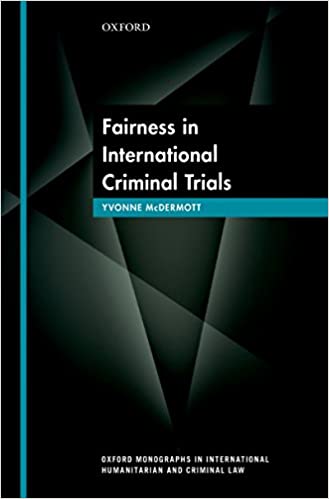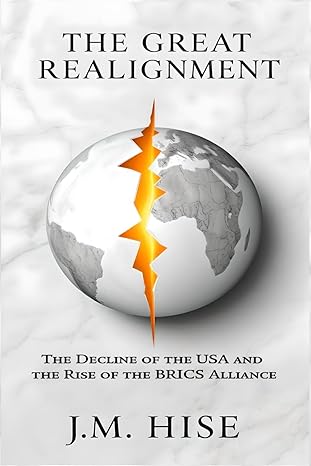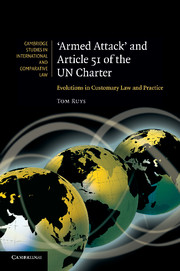With the acceptance of international criminal procedure as a self-sustaining discipline and as the tribunals established to try the most serious crimes in the former Yugoslavia, Sierra Leone, and Rwanda have completed or are beginning to wind up their activities, the time is ripe for a critical evaluation of these international criminal tribunals and their legacy. By examining the due process standards embraced by the five contemporary international criminal
tribunals, the author draws conclusions about how the right to a fair trial should be interpreted in international criminal law.
This volume addresses key conceptual questions on fairness, including: should international criminal tribunals set the highest standards of fairness, or is it sufficient for their practice to be 'just fair enough'? To whom does the right to a fair trial attach, and can actors such as the prosecution and victims be accurately said to benefit from that right? Does fairness require the full realization of a number of guarantees owed to the accused under the statutory frameworks of international
criminal tribunals, or should we instead be concerned with the fairness of the trial 'as a whole'? What is the interplay between domestic and international courts on questions of procedural fairness? What are the elements of fairness in international criminal proceedings? And what remedies are
available for breaches of fair trial rights?
Through an in-depth exploration of the right to a fair trial, the author concludes that international criminal tribunals have a role in setting the highest standards of due process protection in their procedures, and that in so doing, they can have a positive impact on domestic justice systems.
چکیده فارسی
با پذیرش آیین دادرسی کیفری بینالمللی به عنوان یک رشته خودپایه و از آنجایی که دادگاههایی که برای محاکمه جدیترین جنایات در یوگسلاوی سابق، سیرالئون و رواندا تأسیس شدهاند، فعالیتهای خود را به پایان رساندهاند یا شروع به پایان میکنند. برای ارزیابی انتقادی این دادگاه های جنایی بین المللی و میراث آنها آماده است. با بررسی استانداردهای دادرسی که توسط پنج جنایتکار بین المللی معاصر پذیرفته شده است
در دادگاهها، نویسنده نتیجهگیری میکند که چگونه حق محاکمه عادلانه باید در حقوق کیفری بینالمللی تفسیر شود.
این جلد به پرسشهای مفهومی کلیدی در مورد انصاف میپردازد، از جمله: آیا دادگاههای کیفری بینالمللی باید بالاترین استانداردهای انصاف را تعیین کنند، یا کافی است که عملکرد آنها «به اندازه کافی منصفانه» باشد؟ حق دادرسی عادلانه به چه کسی تعلق می گیرد و آیا می توان به طور دقیق گفت که بازیگرانی مانند دادستان و قربانیان از این حق بهره مند هستند؟ آیا انصاف مستلزم تحقق کامل تعدادی از ضمانت های متهم در چارچوب های قانونی بین المللی است
دادگاه های جنایی، یا در عوض باید نگران عادلانه بودن محاکمه «به طور کلی» باشیم؟ تعامل بین دادگاه های داخلی و بین المللی در مورد مسائل مربوط به عدالت رویه چیست؟ مولفه های انصاف در دادرسی کیفری بین المللی چیست؟ و چه داروهایی
برای نقض حقوق دادرسی عادلانه در دسترس است؟
نویسنده از طریق بررسی عمیق حق برخورداری از یک محاکمه عادلانه به این نتیجه میرسد که دادگاههای کیفری بینالمللی در تعیین بالاترین استانداردهای حفاظت از روند عادلانه در رویههای خود نقش دارند و با انجام این کار، میتوانند تأثیر مثبتی بر سیستم های قضایی داخلی.
ادامه ...
بستن ...
ISBN-13: 978-0198739814
ISBN-10: 0198739818
ادامه ...
بستن ...










